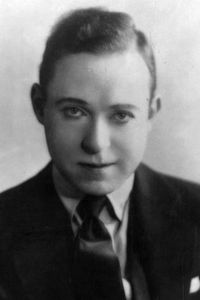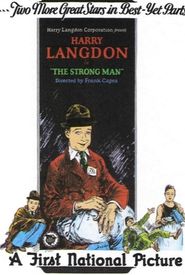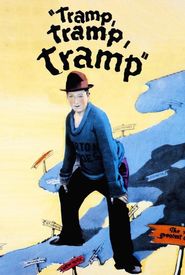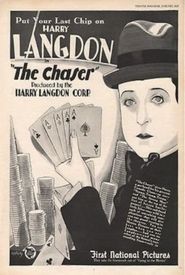Langdon's journey in the entertainment industry began at the tender age of 12 or 13, when he made the bold decision to run away from home and join a traveling medicine show. This early start laid the foundation for his future success in vaudeville, where he would go on to perform his iconic act, "Johnny's New Car," for a remarkable twenty years. In 1903, Langdon's talents caught the attention of Principal Pictures, and he was signed as a series star. However, his contract was soon transferred to the Mack Sennett Studio after Mack Sennett acquired the rights.
During the early stages of his film career, Langdon was fortunate enough to collaborate regularly with the young and talented Frank Capra. This fruitful partnership led to the development of a unique character, an innocent man-child who consistently found himself in precarious and dramatic situations, relying solely on providence and good fortune to emerge unscathed. This character resonated deeply with the public, and Langdon enjoyed a remarkable streak of artistic and commercial successes working alongside Capra.
However, Langdon's success went to his head, and he began to take the praise of his talent for granted. He eventually broke with Capra, seeking to hog the spotlight and glory for himself. Unfortunately, this decision proved to be a catastrophic mistake, as his first solo film, "Three's a Crowd," was a sentimental and cringe-worthy disaster that starkly highlighted his lack of talent and skill compared to Capra's. The public was also growing tired of Langdon's character, which further contributed to the film's failure. "Three's a Crowd" marked the beginning of a string of bombs that would ultimately ruin Langdon's career and relegating him to minor films produced by third-string companies for the remainder of his life.


















































